The Namibian government’s plan to kill 83 elephants and 640 other wild animals to feed them to humans has sparked a fierce international debate.
The British High Commissioner to the country is among those who support the idea, while ecologists warn of a “colossal disaster” for Africa’s wildlife.
The environment ministry says hunters have been brought in to shoot the animals because of a severe drought in South Africa, which has left some people struggling to find food. It is understood the mass killing has already begun and the elephants are due to be shot this week.
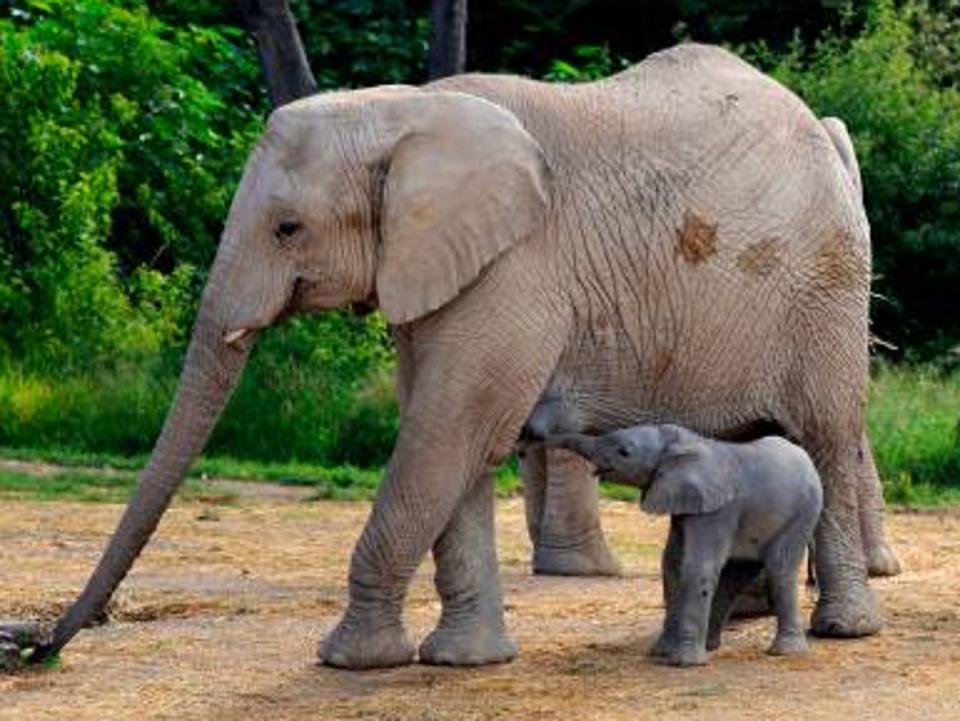
To date, 157 animals have been hunted by professional hunters and companies contracted by the government, and more than 56,800 kg of meat has been obtained.
Authorities say nearly half of Namibia’s population is expected to face food insecurity in the coming months following the drought.
In addition to the 83 elephants, the animals to be culled in national parks and public areas include 30 hippos, 60 buffalo, 50 impala, 100 blue wildebeest, 300 zebras and 100 eland antelopes.
The Ministry of Environment, Forestry and Tourism, which determined the areas where the elephants would be killed, said: “This aid will help reduce the negative impact of drought in protecting wild animals in both our national parks and common habitats.”
It was stated that if no intervention is made, human-wildlife conflicts are expected to increase.
British High Commissioner Charles Moore wrote on social media: “Namibia is being very responsible in its use of natural resources. None of the species are endangered so helping 300,000+ people in desperate need is a good/logical solution. Providing shelter for animals won’t work.”
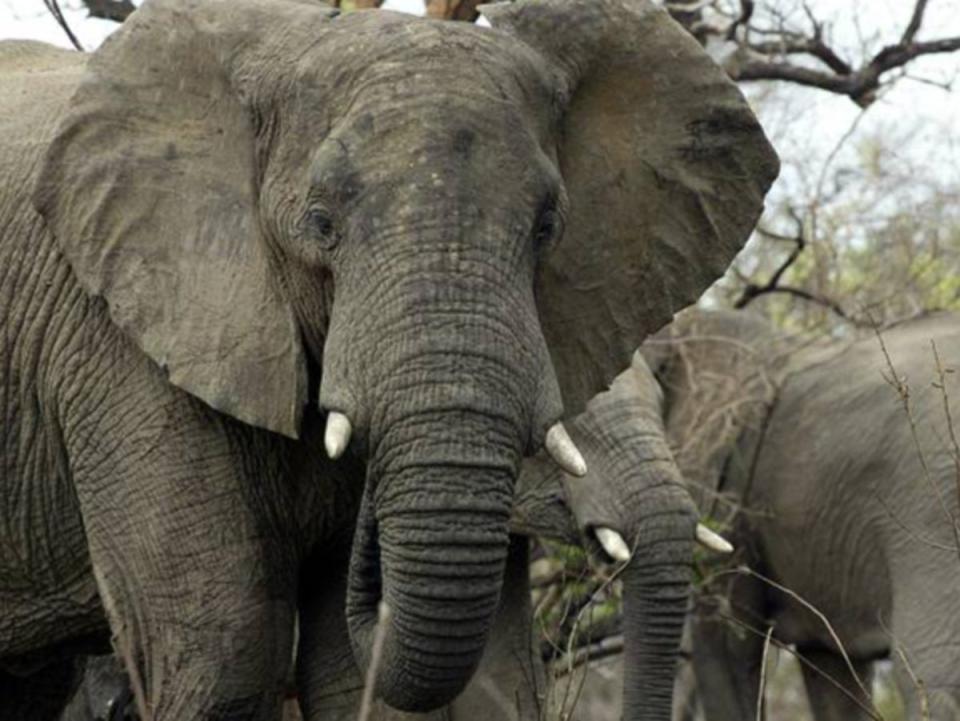

But the status of elephants there is controversial. Numbers in Namibia are declining, and the International Union for Conservation of Nature’s conservation Red List classifies African elephants as either endangered or critically endangered, says Adam Cruise, a wildlife investigative journalist in Cape Town.
But according to the World Population Review, the latest estimates are that there are more than 24,000 elephants in Namibia, a number that is increasing by 5.36 percent in a year.
A report by African conservationists and scientists suggested the massacre was carried out because of upcoming national elections and lacked environmental or food security considerations.
The experts are not naming them in the report because they say they face serious risks, with many receiving threats or facing actions such as “revocation of permits, deportation or worse”.
“This repressive environment tragically leads media outlets to broadcast government statements and strategies without benefit of the opposing views of the conservation community,” the report warns.
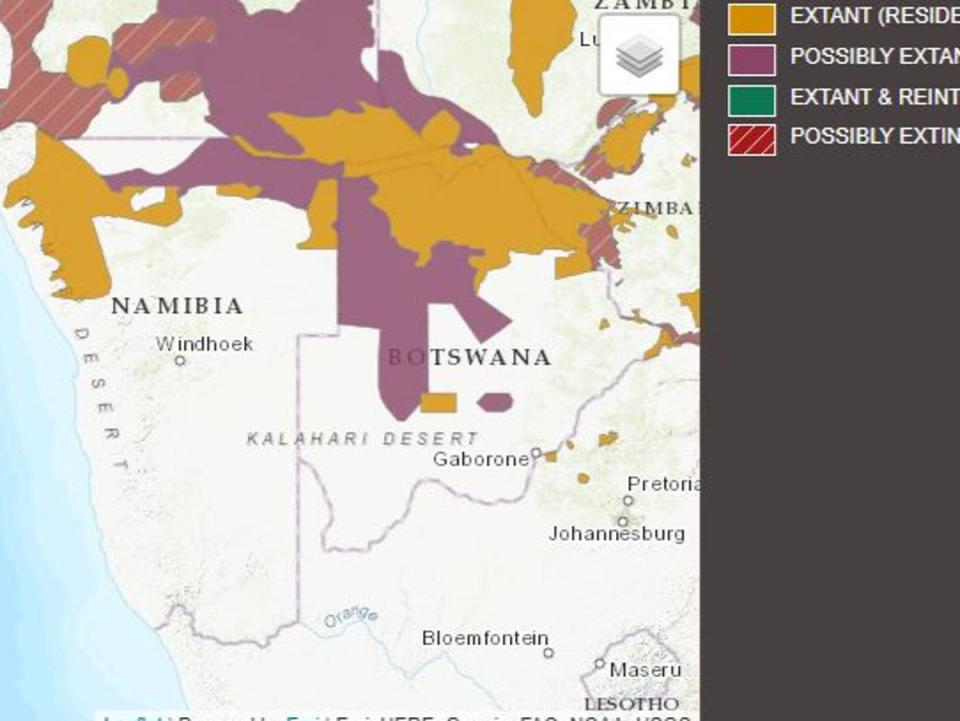

The authors warn that the culls will negatively impact tourism and also point out that cattle do not graze in national parks, so culls there would not benefit outside livestock breeders, as the ministry insists.
“It is well known that elephants witnessing slaughter, which often targets entire families including young calves, exacerbates rather than alleviates human-elephant conflict. Escaped elephants are known to suffer lasting trauma from witnessing family members being shot,” the report says.
“This practice is necessary and in line with our constitutional mandate that our natural resources are used for the benefit of Namibian citizens,” the ministry said in its announcement.
“This is also a great example of how game conservation really pays off…
“Namibians not only benefit from the meat provided for drought relief, but as a ministry, we have also supplied meat for national, regional and traditional events over the years in line with our policies and laws.
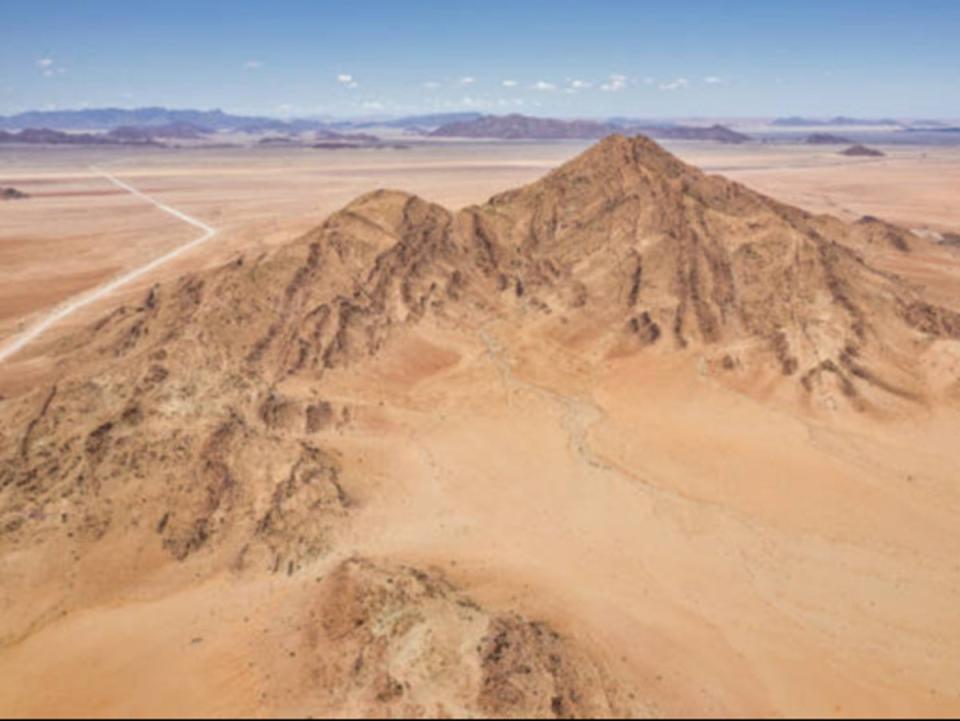

“The benefits of game meat are also being extended to rural communities, particularly in conservation areas.”
“It’s a bit insulting to throw a piece of game meat at people who are starving, impoverished, living a subsistence life with no meaningful improvement in terms of employment opportunities or general social development,” Dr Cruise told the BBC.
According to elephant biologist Dr Keith Lindsay, the massacre will only provide short-term relief and sets a dangerous precedent for relying on wildlife to solve human problems.
“If this practice is adopted and normalised, it is very likely to create a sustained demand on vulnerable wildlife populations that will become unsustainable in areas where natural habitats are declining,” he said.
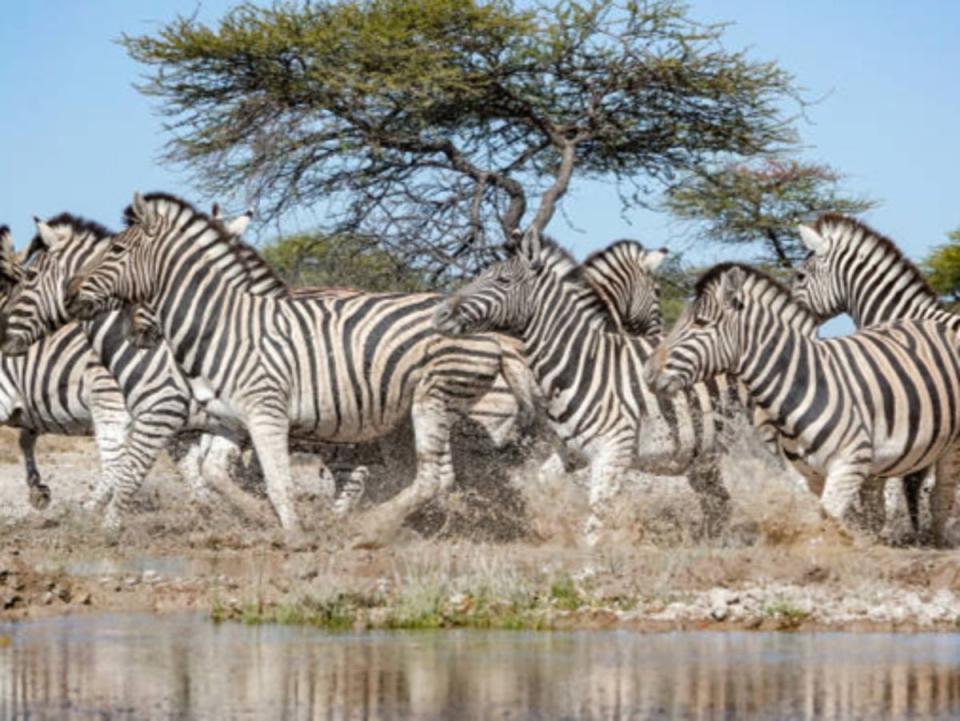

“There is also the risk of giving neighbouring countries a strong case to do the same, leading to a massive disaster.”
The UK-based group Action for Elephants warned that “similar schemes are being carried out on a larger scale by unscrupulous governments” across Africa.
“If other African countries with declining wildlife see that this time no action is taken, no protests are made and no consequences are faced, they will feel emboldened to do the same,” it said.
“It has become clear that the human-wildlife conflict issue has become a very useful tool and scapegoat for exploitation and dark agendas, one of which is to obtain trophies where it cannot be justified in terms of sustainability,” Izak Smit, of Desert Lions Human Relations Aid, wrote in a letter to the ministry.
He said communities in the West suffer from more poverty and hunger than communities that can afford meat.
Independent He applied to the Ministry of Environment, Forestry and Tourism for opinion.